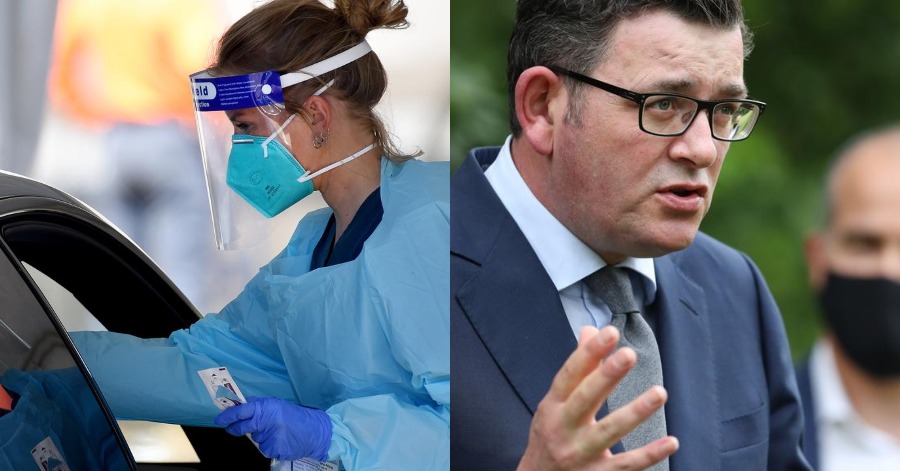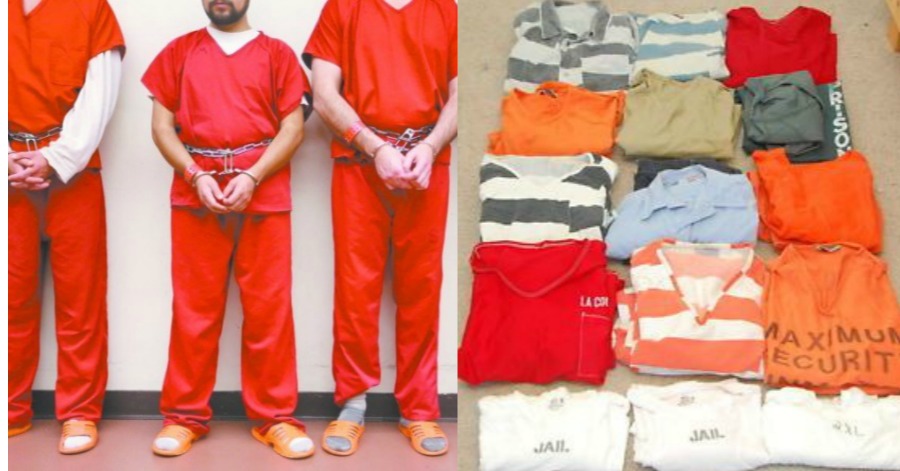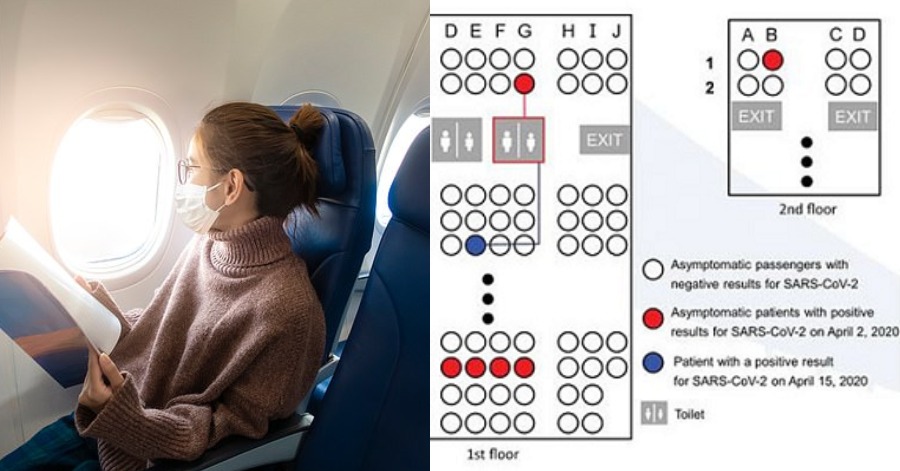SYDNEY, Nov. 13 — An Australian Institute for Infectious Disease will be established in Melbourne, the country’s second largest city and center for biomedical research and manufacturing, China’s Xinhua news agency reported.
According to a press release from the state of Victoria, the institute, designed to deliver everything researchers need to detect, analyse, manage and treat infectious diseases, will cooperate with Victoria-based existing medical research institutes, universities and manufacturers, and greatly strengthen the capability of the state and the country as a whole to cope with future pandemic.
“Victoria leads the world in medical research and is the natural home for an infectious diseases institute to protect our state and our nation against future pandemics,” said Victorian Premier Daniel Andrews.
The institute will include next-generation laboratories and high-containment facilities that will help researchers improve the understanding of infectious diseases, with a robotic biobank facility that will ensure international best practice for specimen storage in large-scale clinical trials.
A cross-disciplinary Center for Infectious Diseases Modelling will allow the development of more sophisticated models to predict disease patterns, while a new facility at the Royal Melbourne Hospital will facilitate early-stage clinical trials to quickly develop vaccines and treatments.
“The Australian Institute for Infectious Disease will give Victoria’s world-class medical researchers what they need to make groundbreaking discoveries that will change lives and save lives,” said the state’s Minister for Innovation, Medical Research and the Digital Economy Jaala Pulford.
The Victorian government will contribute 155 million Australian dollars (about US$112.11 million) towards the institute’s total cost of about 550 million Australian dollars (about US$ 397.8 million). The University of Melbourne and its partners will contribute 150 million Australian dollars (about US$ 108.49 million) and the remaining funds to be sought from the federal government.
Once operational, the institute will provide a massive boost to the biomedical sector and could support up to 5,000 jobs, including up to 850 jobs at the institute itself, the press release said.
Source: BERNAMA









Leave a Comment